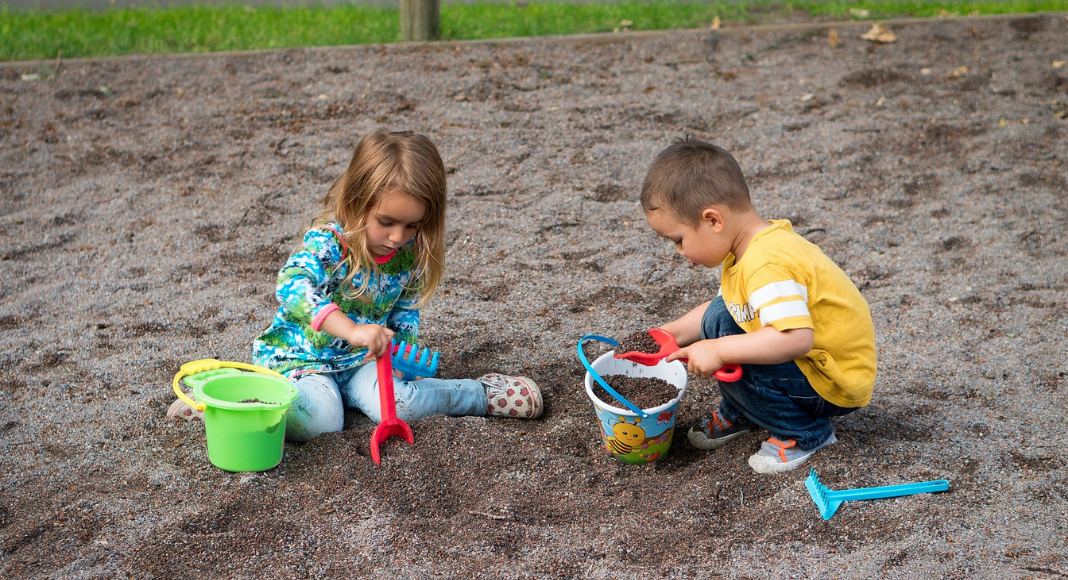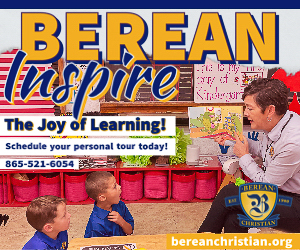 I know we all want to be the best parents we can be. Often, part of this means fixing mistakes we felt were made by the adults in our life when we were growing up. As a result, so many parenting values and techniques have changed over the last few decades. Many of these are awesome, much-needed shifts and I think the younger generation is showing us how big an impact value changes can make on raising kinder, more well-adjusted kids.
I know we all want to be the best parents we can be. Often, part of this means fixing mistakes we felt were made by the adults in our life when we were growing up. As a result, so many parenting values and techniques have changed over the last few decades. Many of these are awesome, much-needed shifts and I think the younger generation is showing us how big an impact value changes can make on raising kinder, more well-adjusted kids.
It can be tempting when trying to avoid the mistakes of our parents’ generation to want to make a complete 180 in our approach. But this can leave us at another, unhealthy extreme on the opposite end. And I think the idea of sharing may have fallen victim to this overcorrection.
I have read several parenting pieces over the last few years explaining why contemporary parents don’t believe in teaching their kids to share. They often recount a story of children having their toys taken away from them by strangers at the park and the parent’s assertion that their child shouldn’t have to give up his toys immediately just because another entitled child demands it. I can see that in this scenario, teaching your child to set boundaries with strangers about their belongings and what they’re comfortable with is definitely incredibly important. The adage many of us were raised with that “you must share immediately and with a giving heart” invalidates kids’ feelings of safety and control, and can often result in actually making them less generous.
But I think in trying to teach our kids to set boundaries and to fix this mistake of forced generosity, many parents I’ve come into contact with through my kids have overcorrected. I don’t often see the scenario above playing out at the park; I see sharing being an issue much more often at home playdates and within the classroom. And the unwillingness of kids to share in those situations, presents a much greater problem.
Teaching kids to take turns with a toy that is in high demand between their siblings or friends sets them up to be conscientious and thoughtful adults who don’t monopolize group resources simply because they got there first. It encourages them to consider others’ feelings, just as they want their own feelings to be considered. It helps them learn to be part of a community and builds social skills so that they don’t become the child no one wants to play with because they only consider themselves.
 I think it’s acceptable and even helpful to set some parameters around sharing. In our house, our kids know they don’t have to immediately hand something over just because their sibling wants it. However, if more than one person is wanting to play with a toy there is only one of, it means one kid won’t be able to have unlimited time with it like they might if no one else was around or felt like playing with it. We often set timers to let our kids know when it’s time to give someone else a turn.
I think it’s acceptable and even helpful to set some parameters around sharing. In our house, our kids know they don’t have to immediately hand something over just because their sibling wants it. However, if more than one person is wanting to play with a toy there is only one of, it means one kid won’t be able to have unlimited time with it like they might if no one else was around or felt like playing with it. We often set timers to let our kids know when it’s time to give someone else a turn.
We also allow our older kids to keep things that might be breakable or dangerous (things with swallowable pieces) away from their younger siblings and help them find times to play with them when the younger kids aren’t around or are engaged in other things. This lets them know we value the things that are important to them and aren’t going to allow their belongings to be destroyed when they are being shared.
Lastly, we often give the kids a period of solo play when they first get a new toy, such as on their birthday or at Christmas time. They know they will get a few days of mostly uninterrupted play before being asked to share a new item. This helps get the period of new infatuation out of their system and it’s less of a sacrifice for them to take a break with the toy after a few days.



















